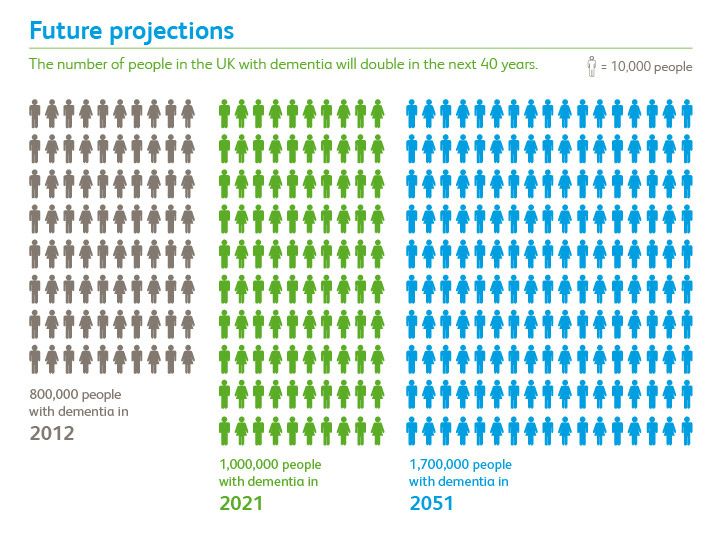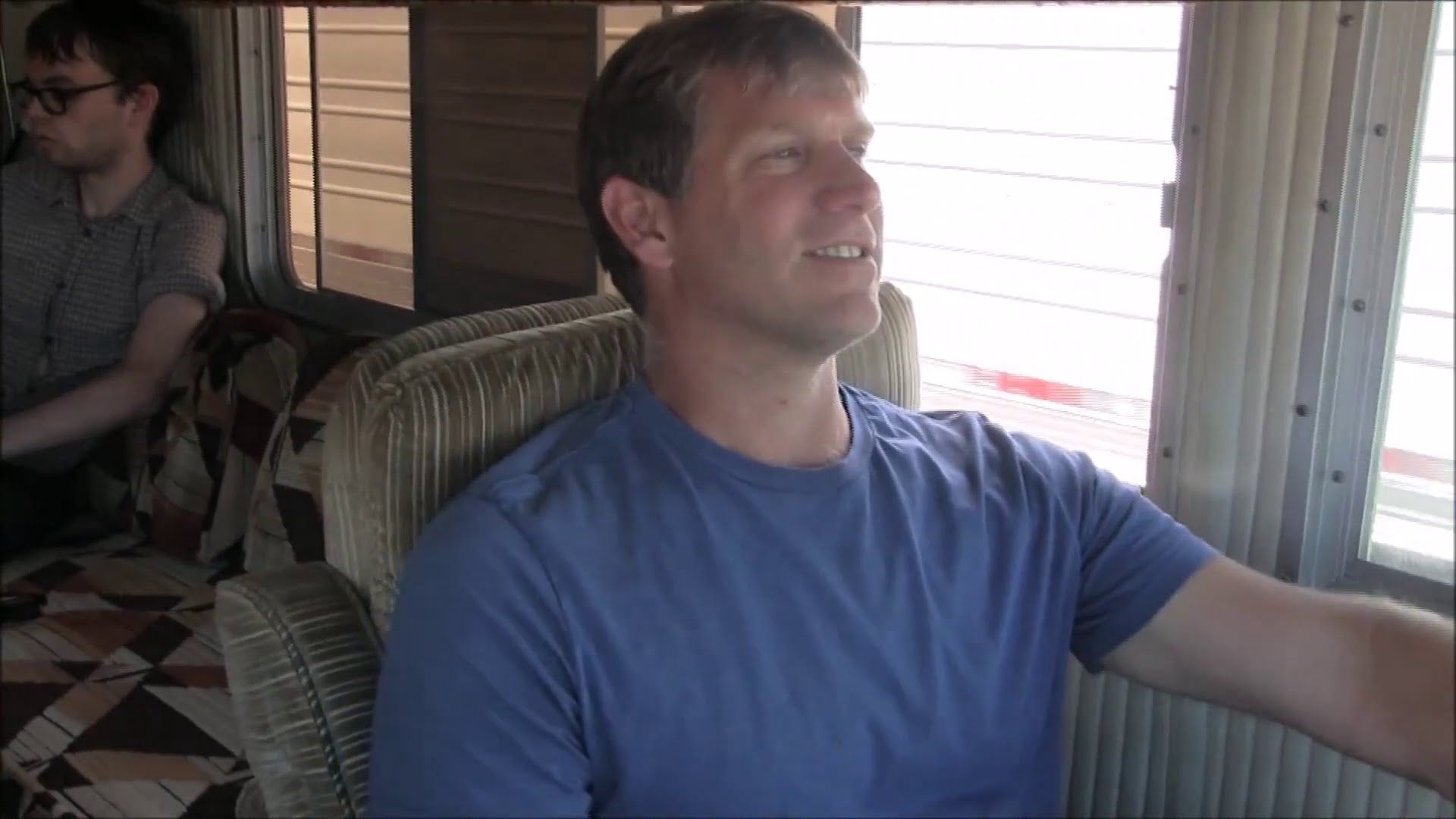Oct 15, 2015
Billions in Change — Official Film
Posted by Odette Bohr Dienel in categories: complex systems, energy, ethics, hacking, health, materials, sustainability, water
https://www.youtube.com/watch?v=YY7f1t9y9a0
“The world is facing some huge problems. There’s a lot of talk about how to solve them. But talk doesn’t reduce pollution, or grow food, or heal the sick. That takes doing. This film is the story about a group of doers, the elegantly simple inventions they have made to change the lives of billions of people, and the unconventional billionaire spearheading the project.”


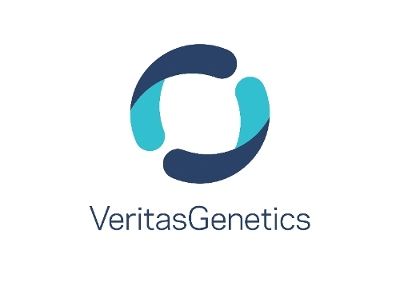
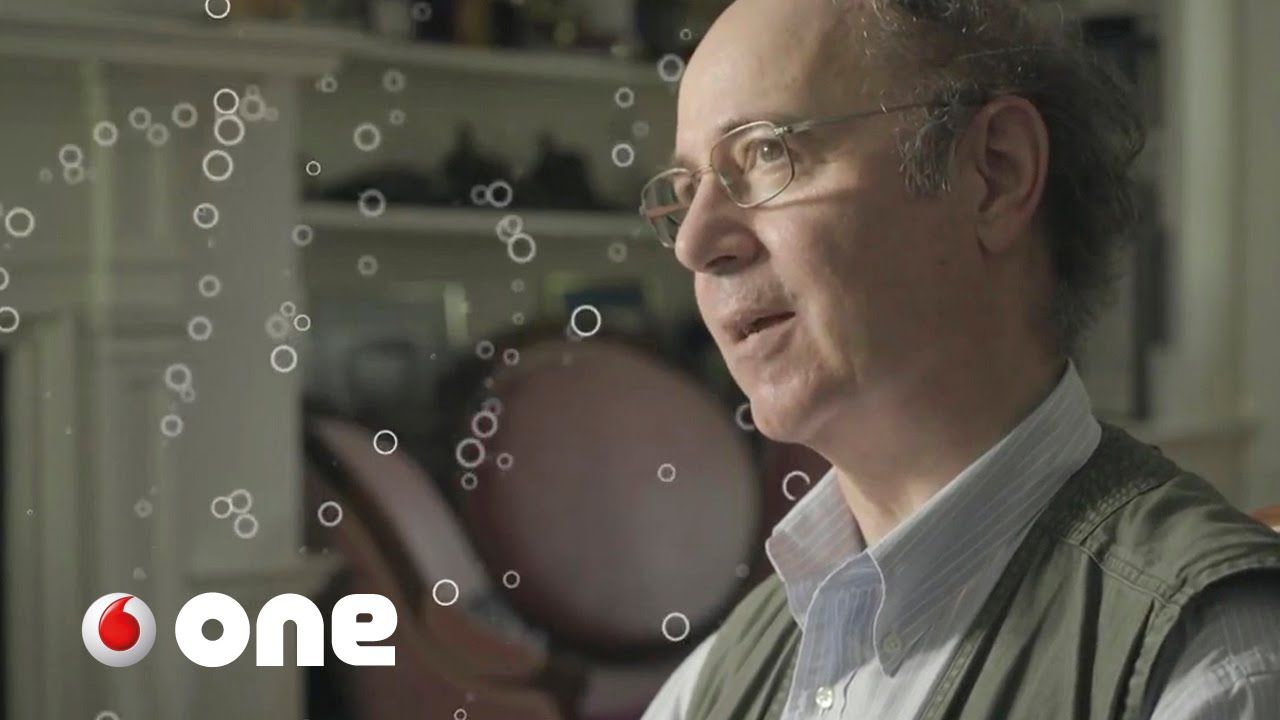
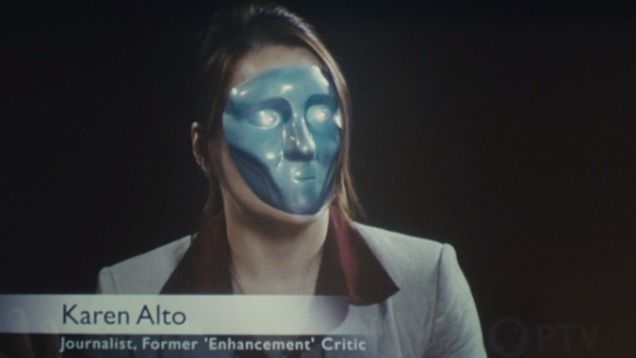
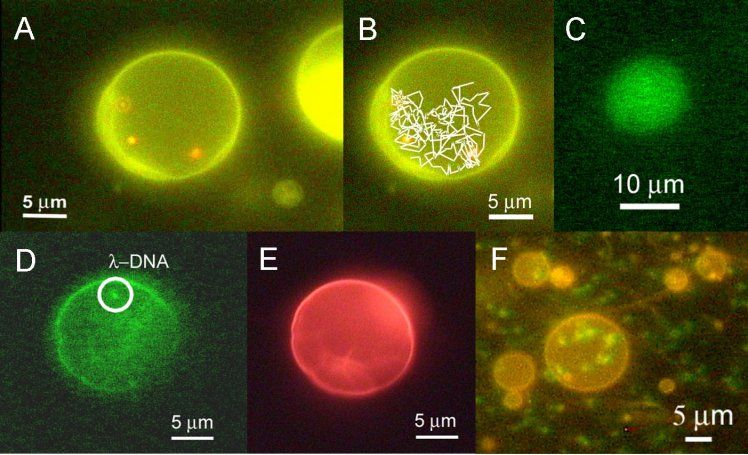
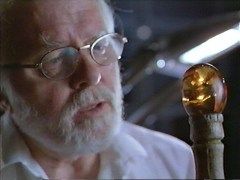 In Jurassic Park, a novel devoted to the scare of genetic engineering when biotech was new in the 1990s, the character of John Hammond says:
In Jurassic Park, a novel devoted to the scare of genetic engineering when biotech was new in the 1990s, the character of John Hammond says: